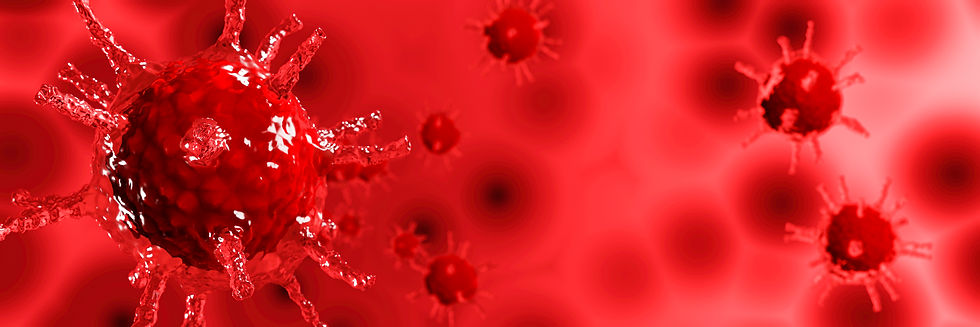Revealing India's Top 5 Cancer Challenges on World Cancer Day
- alinanaqvi06
- Feb 5, 2024
- 2 min read
On World Cancer Day, we aim to delve into the top five prevalent cancers affecting the Indian population, examining the root causes behind their impact.
Breast Cancer
Breast cancer is rising among younger women, with over 50% of urban cases occurring in those under 50. Late marriages, delayed childbirth, limited breastfeeding, and lifestyle choices contribute to its prevalence. Certain Indian populations also exhibit a higher genetic predisposition. Impact extends beyond women to profoundly affect families and society. Emphasizing regular self-exams and mammograms is crucial for early detection and improved treatment outcomes.
Oral cancer
India holds the unfortunate title of the world's oral cancer capital, primarily attributed to widespread tobacco and alcohol consumption. Smokeless tobacco, notably gutka and paan masala, contributes to 90% of oral cancer cases. Inadequate oral hygiene and a low intake of fruits and vegetables exacerbate the issue. Urgent measures are imperative, encompassing stringent tobacco product regulations, public awareness initiatives, and convenient access to smoking cessation programs, to address the escalating oral cancer prevalence.
Cervical Cancer
Cervical cancer is prevalent among women in rural India, stemming from insufficient awareness, hygiene practices, restricted healthcare accessibility, and inadequate screening programs. Factors like persistent HPV infection, early sexual activity, and multiple partners, coupled with a lack of HPV vaccination, contribute to its high incidence. Vaccinating the youth not only shields the current generation but also lays the foundation for a healthier future, aiming to reduce the prevalence of cervical cancer.
Lung Cancer
The surge in smoking, prevalent in both men and, increasingly, women, closely correlates with the prevalence of lung cancer. Additional risks arise from exposure to environmental pollutants and indoor air pollution from cooking fuels. Alarmingly, a substantial number of lung cancer patients have no history of smoking. In the National Capital Region (NCR), the average person inhales environmental pollution equivalent to smoking 15 to 20 cigarettes daily, highlighting the pervasive impact of air quality on lung health.
Colorectal Cancer
Colorectal cancer is increasing in India due to dietary changes favoring processed food, lower fiber intake, and factors like inactivity, obesity, and genetic predisposition. Encouraging a balanced, high-fiber diet, regular exercise, and screenings for at-risk individuals are crucial preventive measures.
Emphasizing the Significance of Awareness, Prevention, and Early Detection
The increasing cancer burden in India demands a comprehensive strategy, encompassing public health campaigns, strict enforcement of tobacco control laws, nationwide screening initiatives, and enhanced healthcare accessibility. Despite cancer's challenges, collective efforts from the government, healthcare providers, NGOs, and the community can formulate impactful strategies for prevention, detection, and management. Together, let's strive for a healthier India.
Sources- India Today









Comments